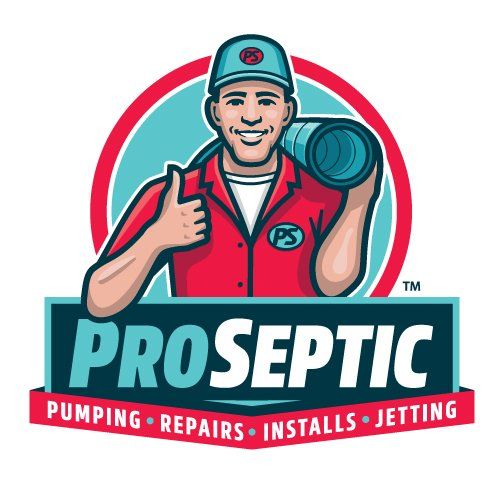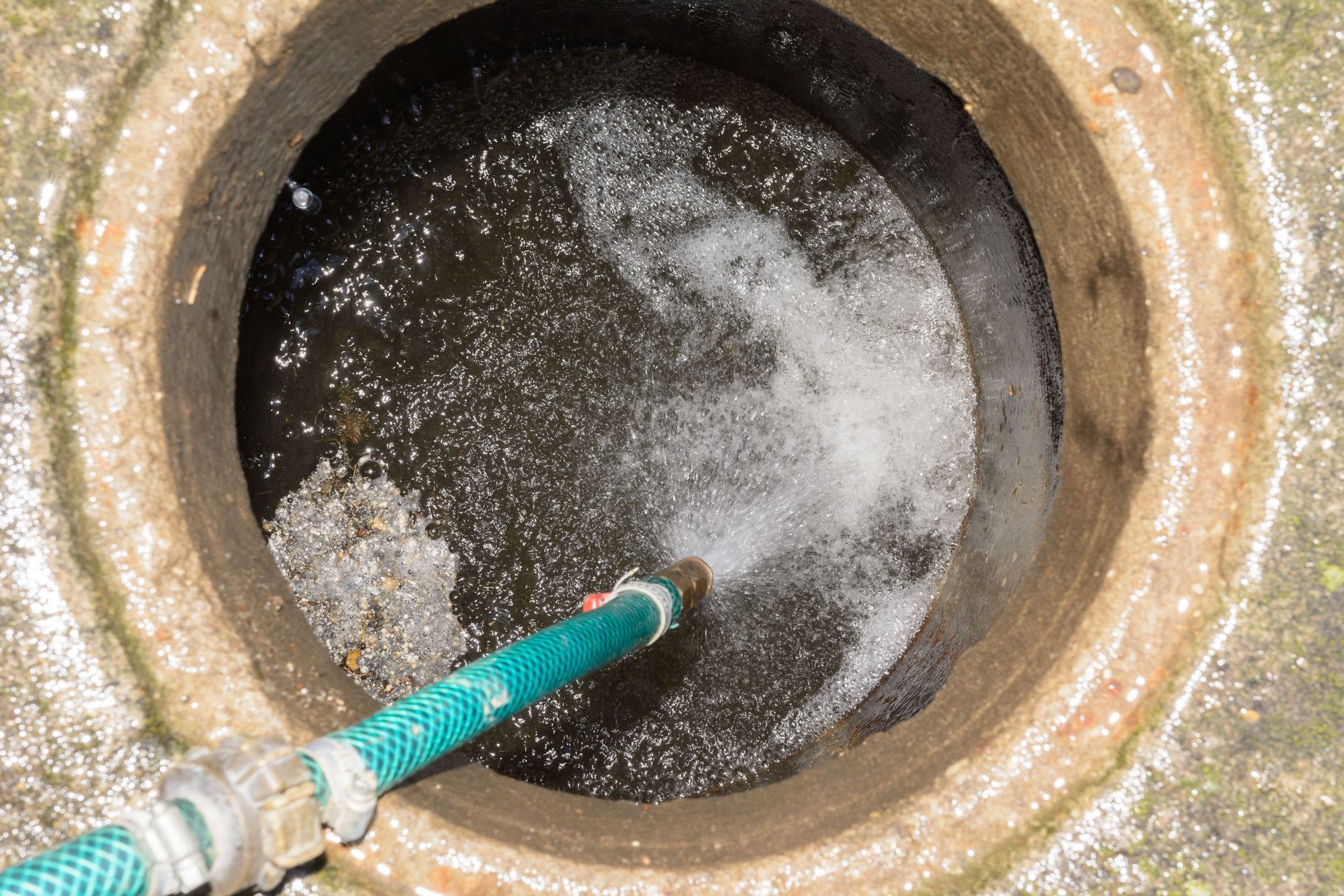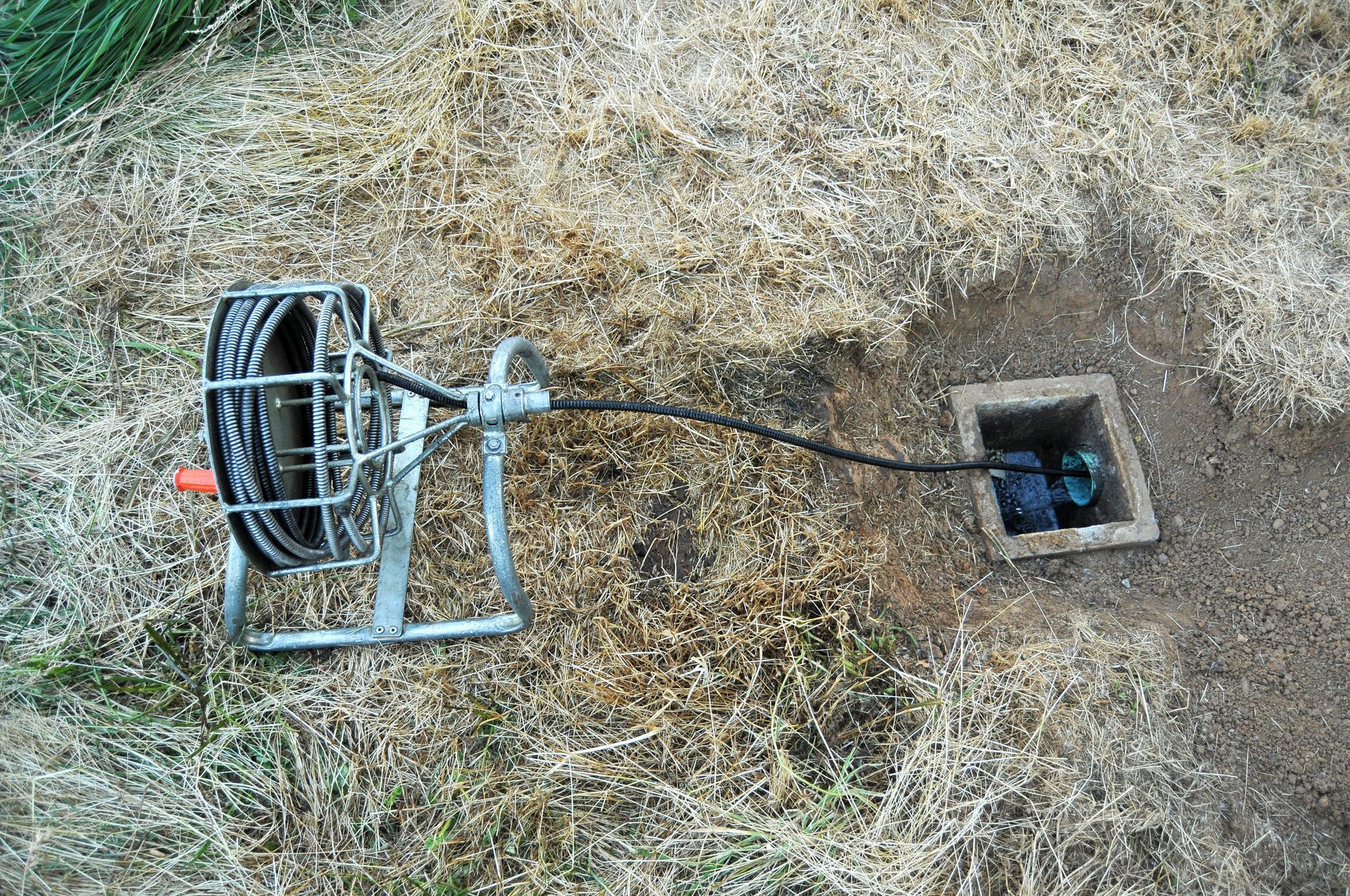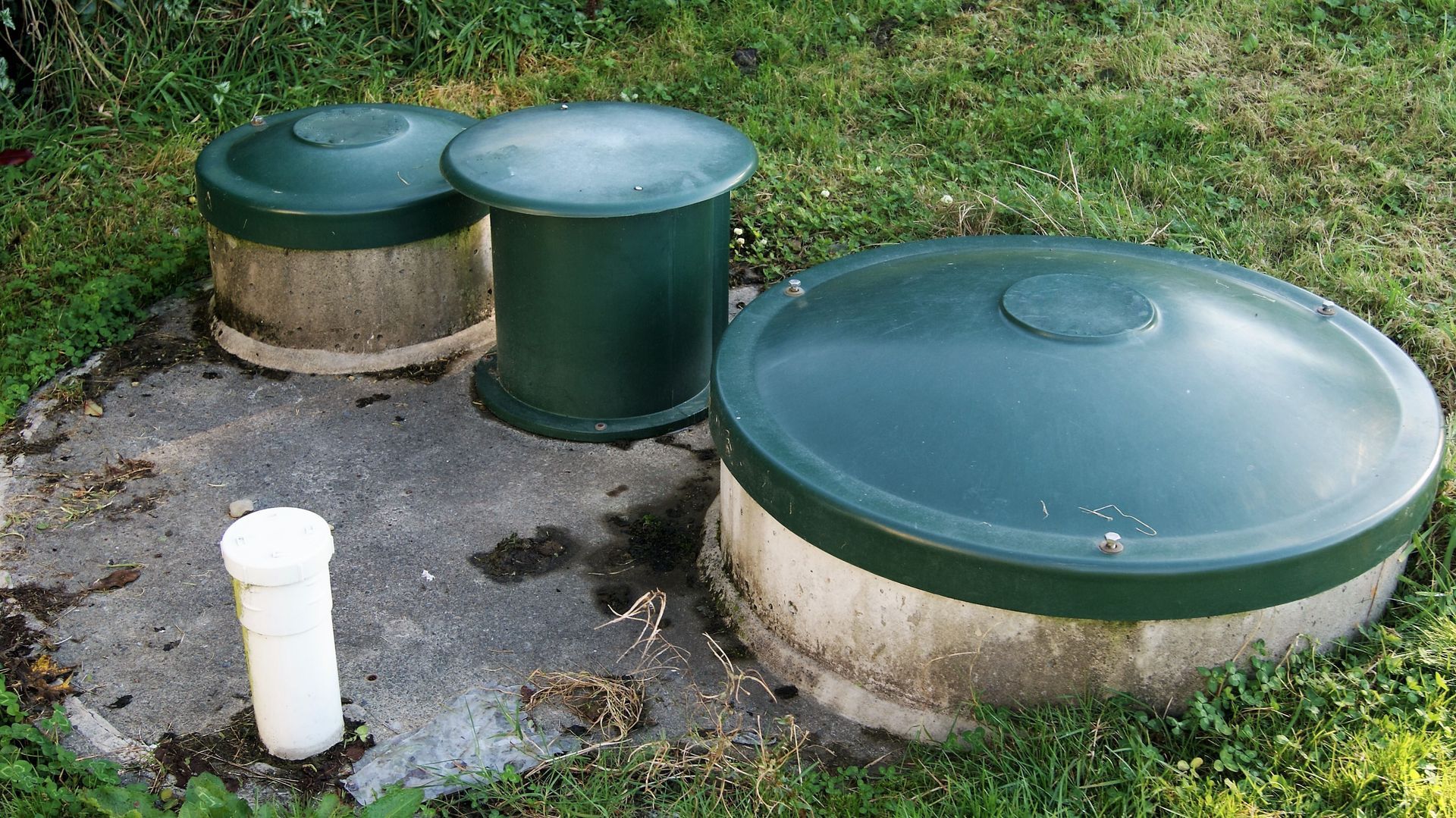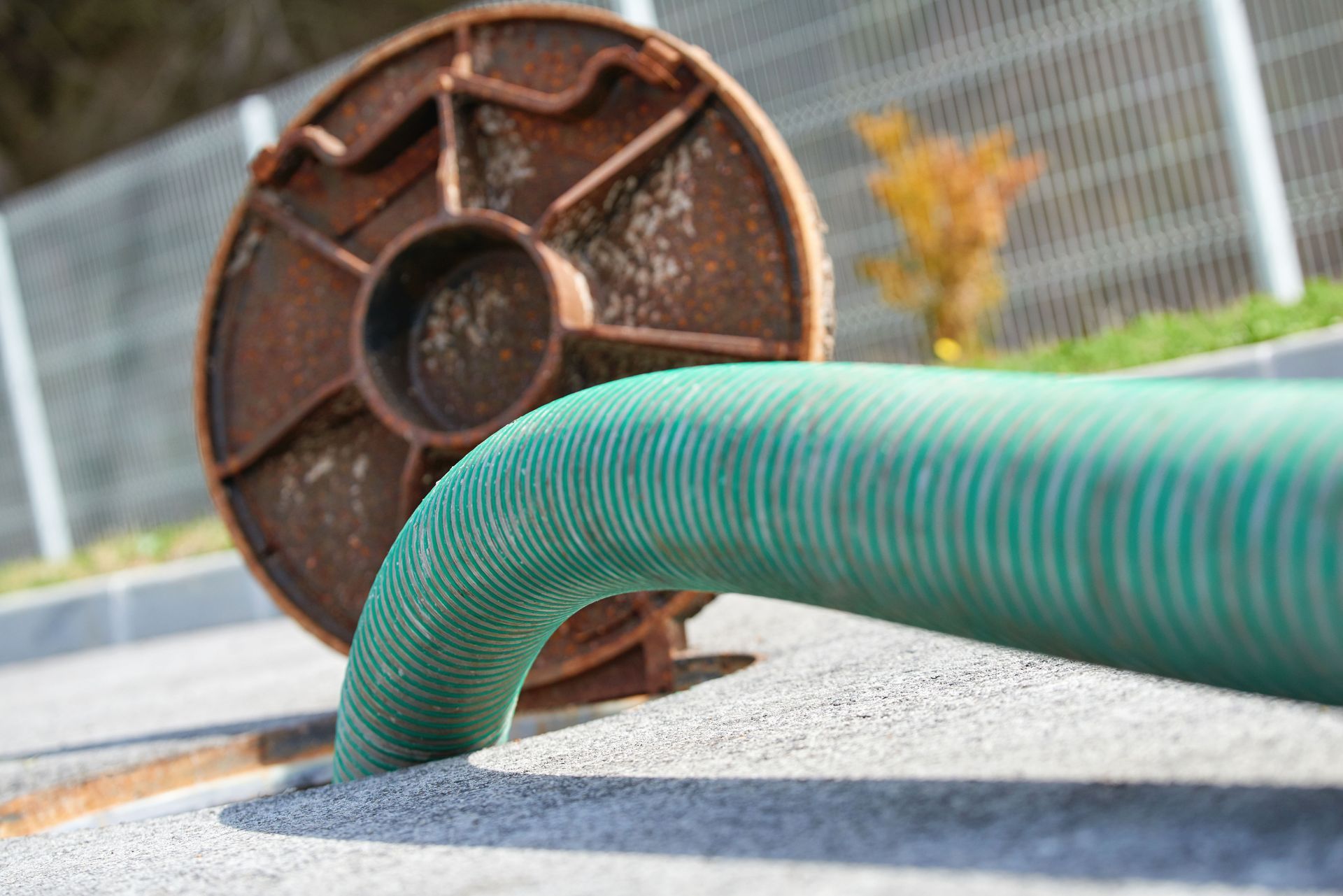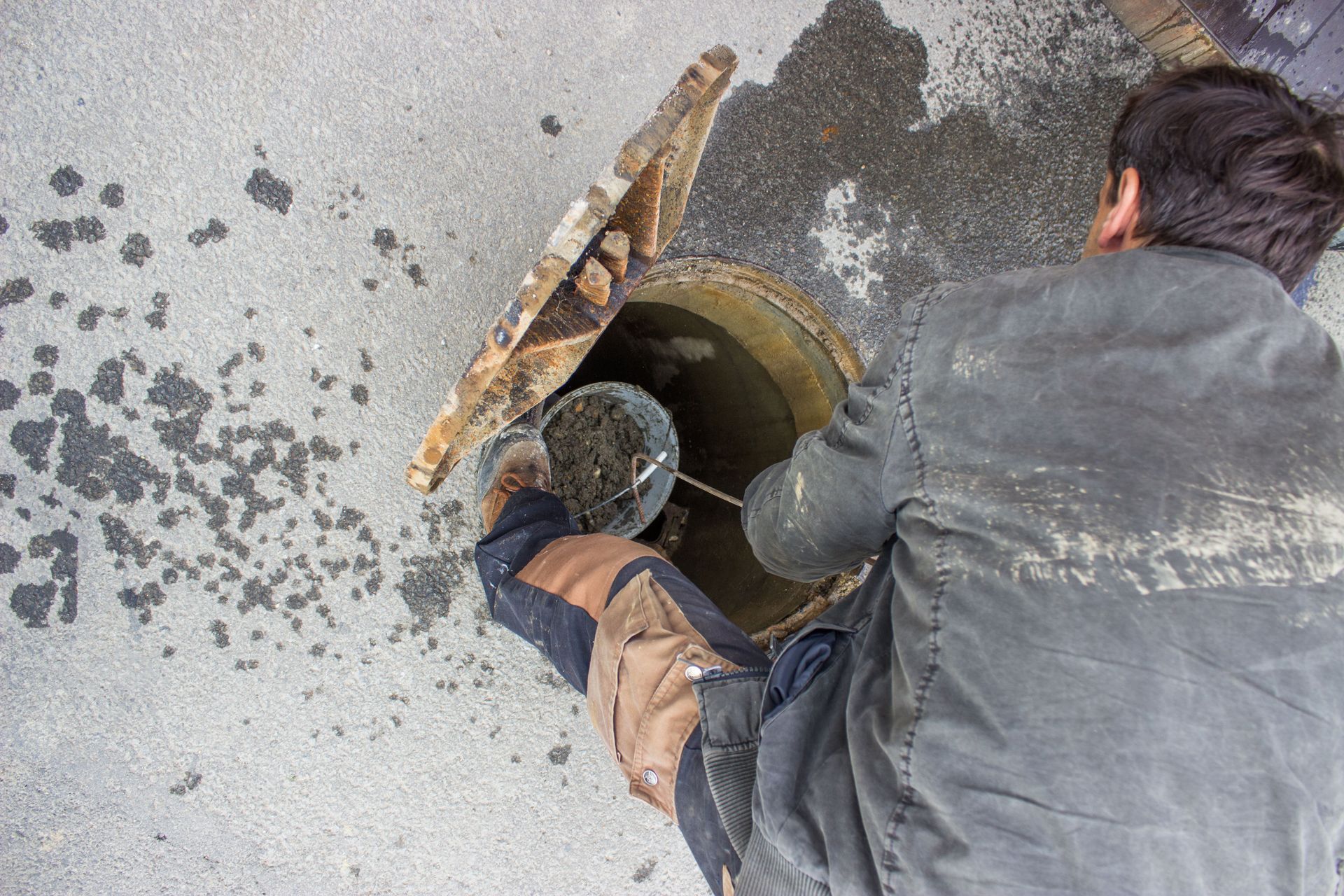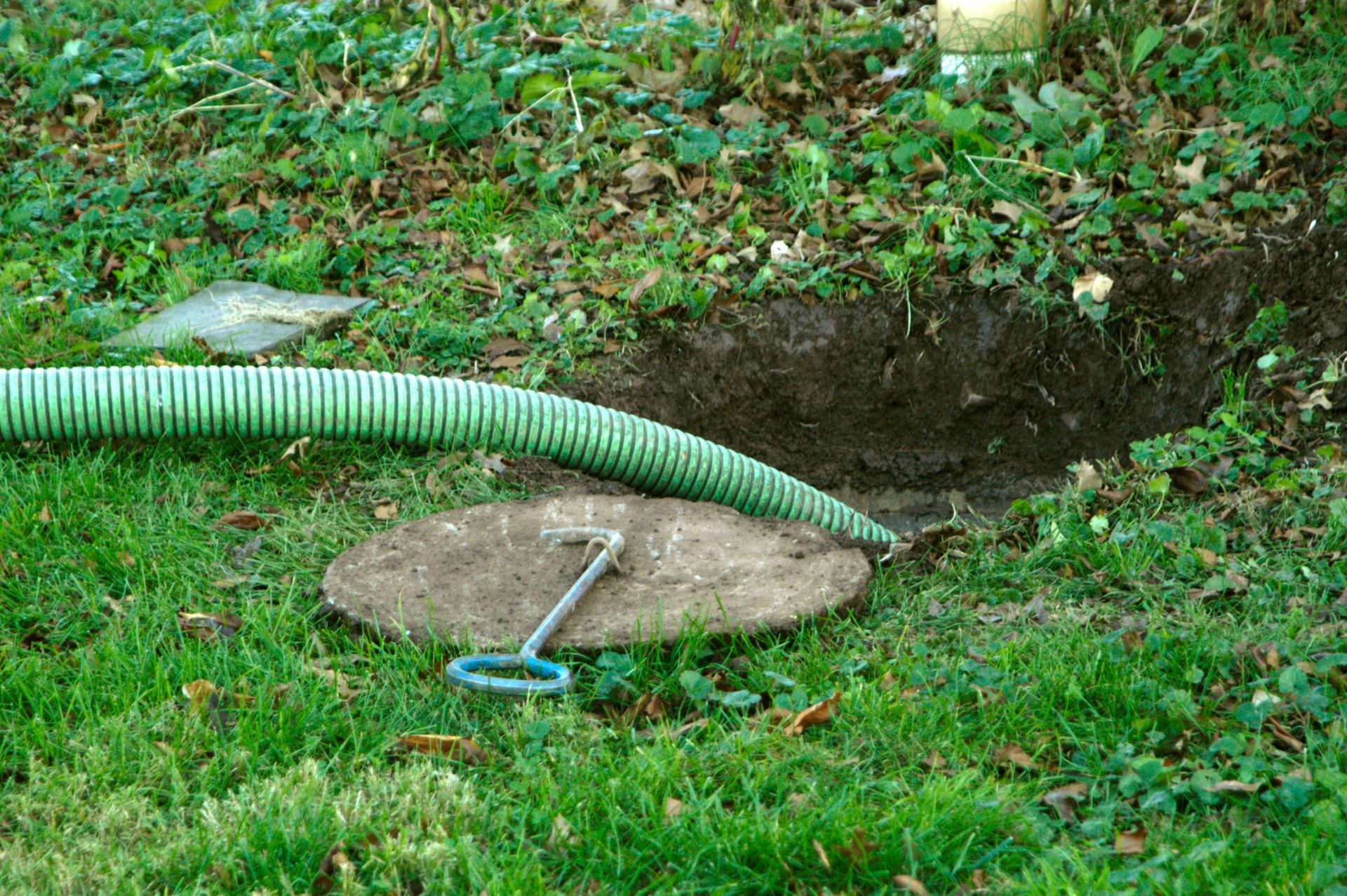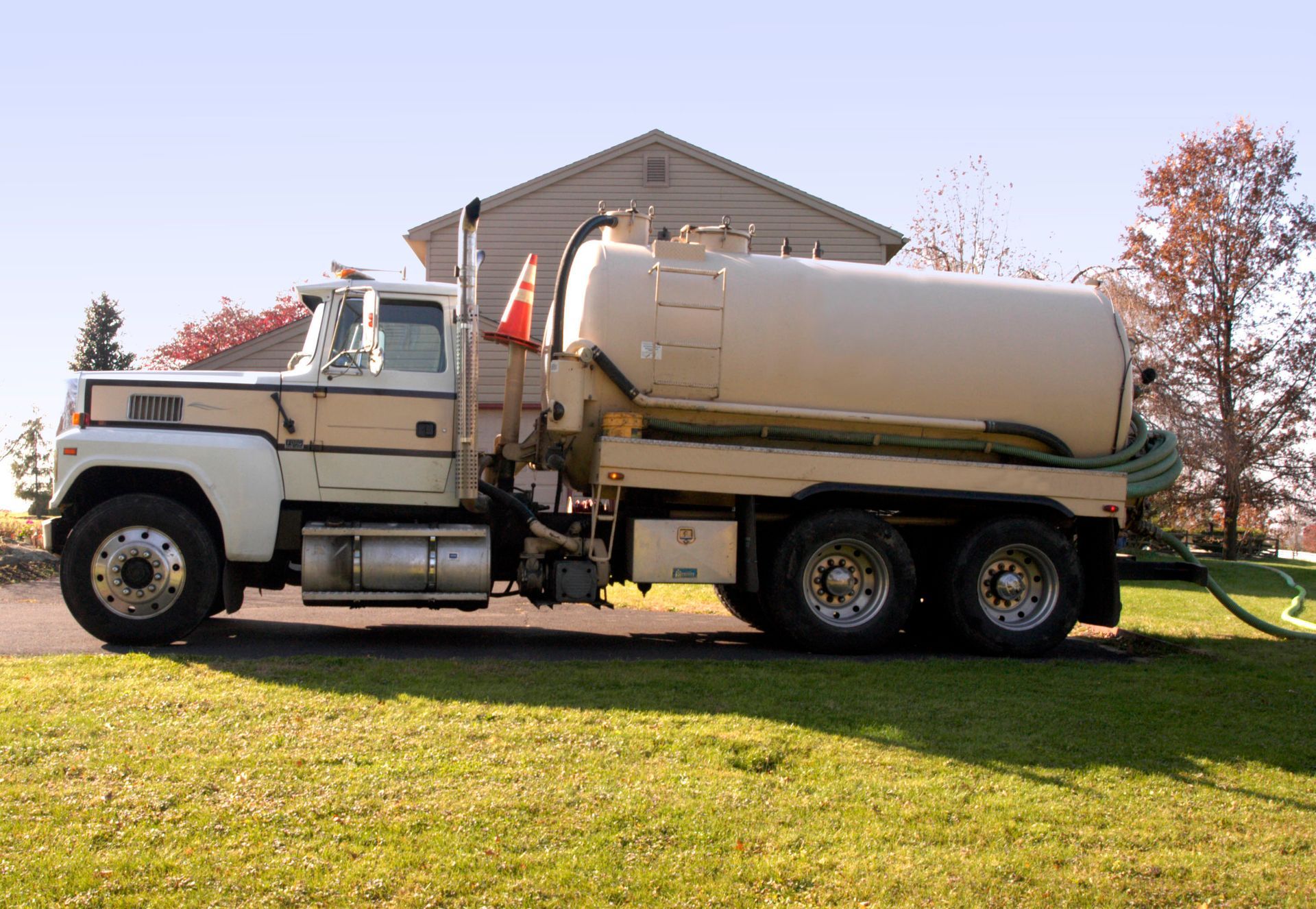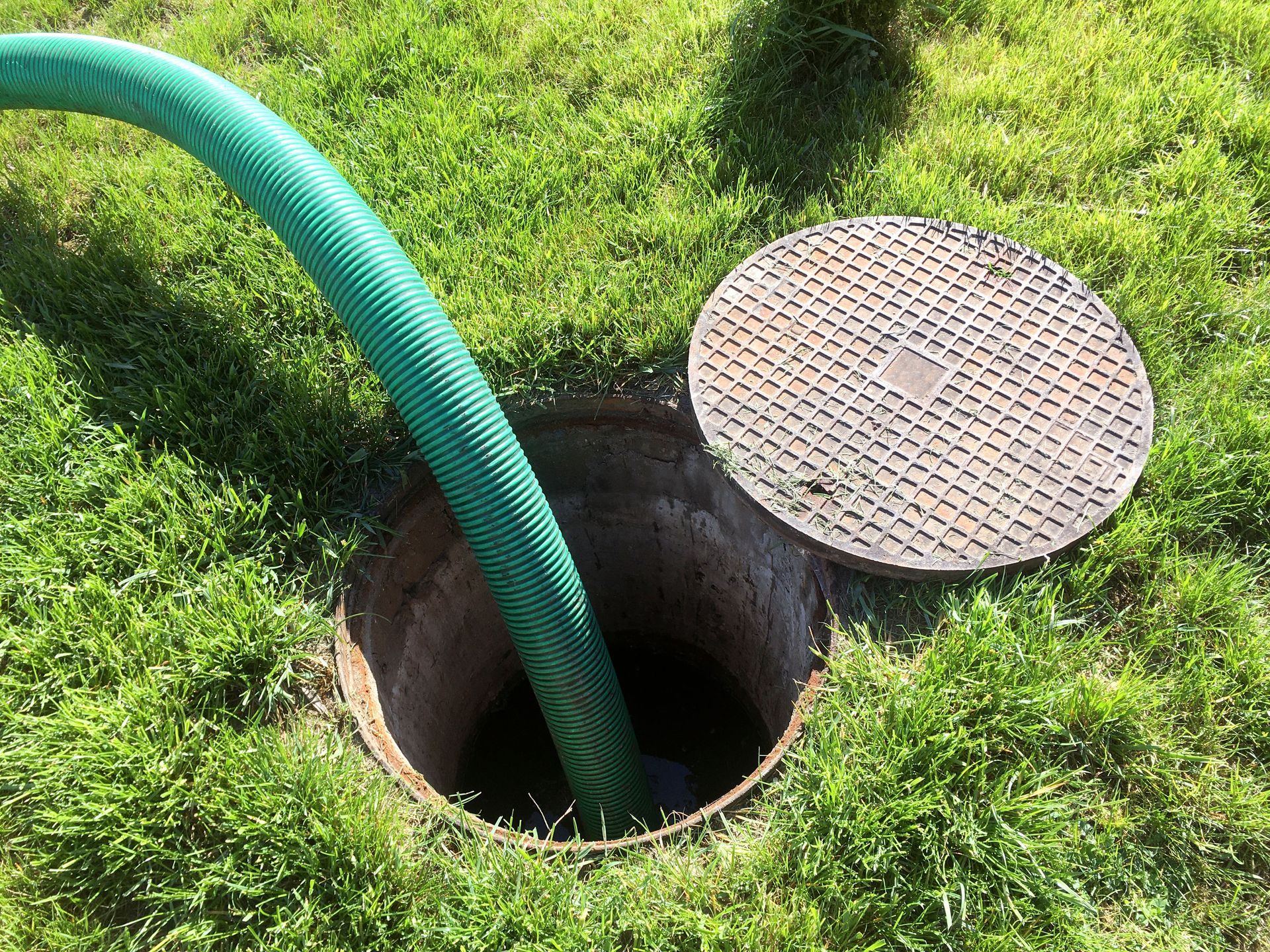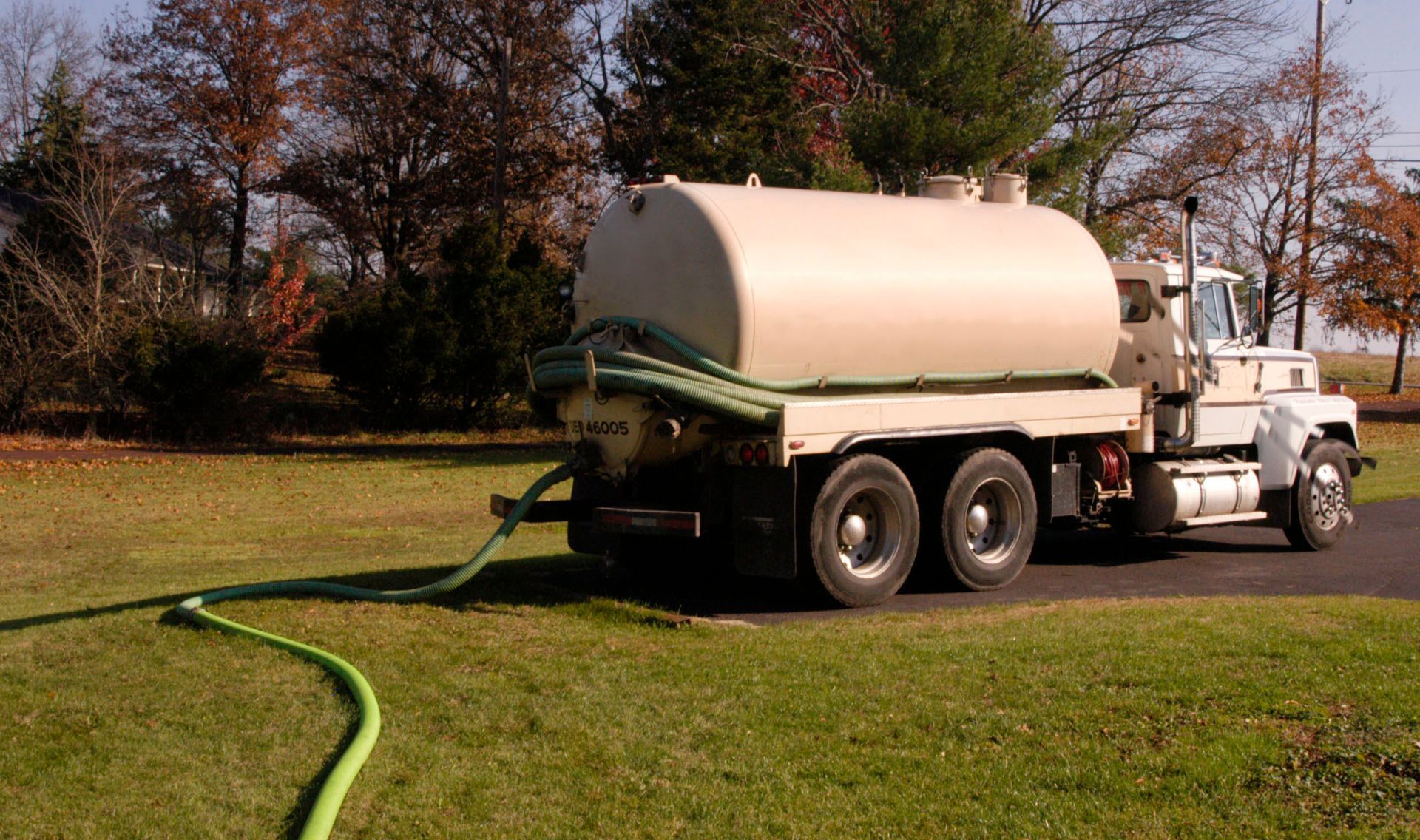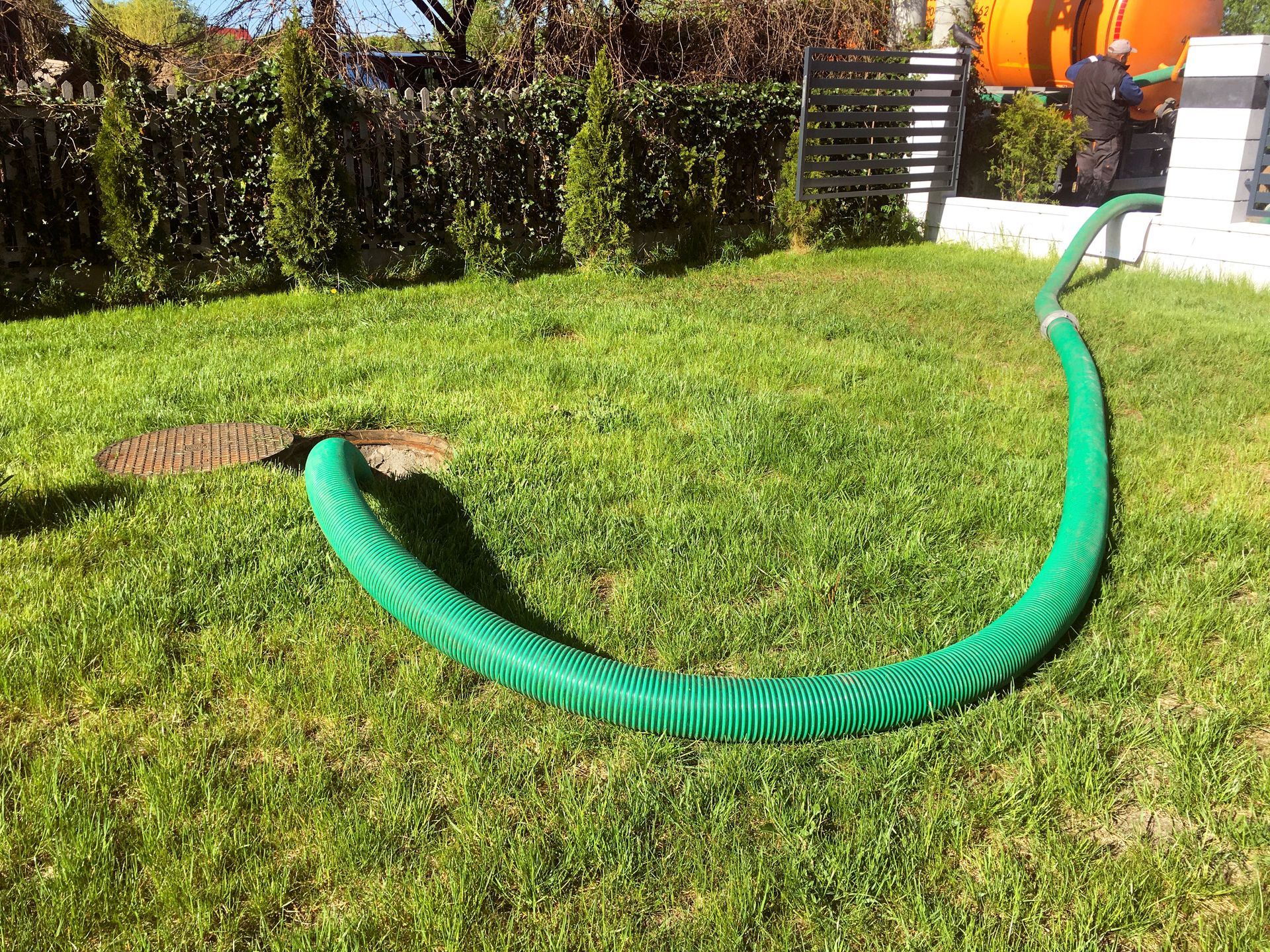And Surrounding Areas
5 Tips to Reduce the Frequency of Septic Pumping Needed
Your septic system is a vital part of your residence. It holds all the wastewater that comes from your house. Whether you're washing your hands or flushing the toilet, that water goes into your septic tank and needs pumping out at some point. When it comes to septic pumping, that can put a lot on your septic system. Luckily, here are five tips to reduce the use of septic pumping.
1. Monitor Water Consumption
Water is a natural resource, but it doesn't mean you should waste it. You can start by calling a plumber to replace existing bathroom appliances and fixtures that use too much water. For example, they can install a dual-flush toilet that allows you to use less water for liquid waste. According to the EPA, an American toilet can waste as much as five gallons of water in one flush. Your plumber could also install more water-efficient shower heads. Monitor your water meter to see if you're using too much water monthly and make adjustments accordingly. For example, cleanliness is a must, but you may want to consider reducing your shower time. In other words, if you normally take half-hour showers, see if you can shower efficiently within about 10 minutes.
2. Get Regular Pump Inspections
Like any part of your home, your septic tank needs regular inspections. According to experts, the typical household septic system needs an inspection at least every three years. Those inspections can test for any pumping issues. A septic professional should pump it at least every three to five years. Regular inspections ensure that your system is running as it should without hazardous leaks into the soil or pumping issues.
3. Maintain Your Drainfield
Make sure that you monitor your drain field and don't treat it like it's just any other part of your landscape. Whatever you do, don't plant any trees or shrubs on it. After all, if trees have overgrown roots, they can puncture your septic tank and cause a major problem. That's why if you have any trees on your property, always enlist the services of an arborist. They'll look out for problems such as overgrown roots, as you may not notice it, but they know how to spot them quickly. They can safely remove any trees that are a threat to your septic tank or home foundation. You also shouldn't risk parking or driving on it as a car is too heavy. In addition, check to see if your drainage field is looking unusually green. According to Bob Vila, if your drainage field has patches that are much greener than others, it may be due to extra fertilization from a septic leak.
4. Use Proper Waste Disposal
Just because your separate tank holds your wastewater doesn't mean you should put just anything in it. For example, never dispose of cleaning products, paints, and other chemicals down your drain. If something is considered toxic, it simply shouldn't go down your toilet or drain system. Even when it comes to using the bathroom, the type of toilet paper you use can clog up your septic tank. Avoid using two-ply, scented, or colored toilet paper. Of course, never flush paper towels or feminine hygiene products. According to the South Carolina Department of Health and Environmental Control, avoid using garbage disposal as it adds as much as 50% more content to your septic tank, resulting in more frequent pump-outs.
5. Adjust Pump
It's possible to adjust the pumping capacity. A professional can use a frequency converter to reduce the motor speed that drives the pump. If the pump must slow down, then it reduces the power used. As a result, your septic pump will have less wear and tear.
Whatever you do, don't ignore your septic tank until it's too late. Your septic tank is built to be durable and strong enough to hold your wastewater, but that doesn't mean it's not fragile. By using the above tips, you can reduce the amount of
septic pumping needed and preserve the lifespan of your septic tank. If you have any questions about managing your septic system and related problems, you need the right professionals on the job. Therefore, call our team today at ProSeptic for assistance. We can help keep your septic system healthy and pumping efficiently.
SERVING
and Surrounding Areas
CONTACT US
- Main: (845) 266-6003
- Local: (845) 704-4334
- Alternate: (845) 704-2733
- Mobile: (845) 704-2733
License #3A-919
